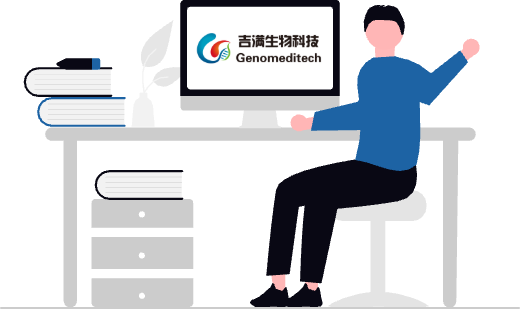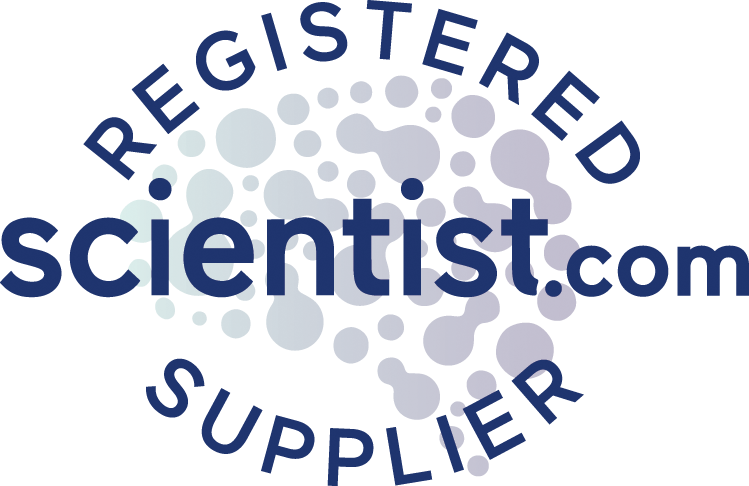C-Kit (also known as CD117 or KIT) is one of the many tyrosine kinases in the human body. It is a transmembrane receptor tyrosine kinase belonging to the type III receptor tyrosine kinase family. C-Kit plays important biological roles upon binding with its ligand, stem cell factor (SCF). It is expressed in various cell types, including hematopoietic stem cells, mast cells, germ cells, and stromal cells, and is involved in processes such as cell proliferation, differentiation, survival, and migration.
The c-Kit protein consists of three main parts: the extracellular domain, the transmembrane domain, and the intracellular domain.
1. Extracellular Domain:
The N-terminal of the c-Kit protein contains five immunoglobulin (Ig)-like domains. The first three Ig-like domains are primarily responsible for binding to the ligand SCF, while the fourth and fifth domains are involved in receptor dimerization.
2. Transmembrane Domain:
The transmembrane region of c-Kit contains a transmembrane helix structure that transmits signals into the cell. This region is embedded in the cell membrane in a transmembrane manner.
3. Intracellular Domain:
The intracellular domain contains the tyrosine kinase activity responsible for downstream signaling upon receptor activation.
Abnormalities in c-Kit, such as mutations or overexpression, can lead to the development of various diseases, particularly malignant tumors.
Genomeditech provides a wide range of research tools related to the c-Kit target, including overexpression cell lines, functional cell lines, proteins, and antibodies. These resources comprehensively support in vitro activity validation of related drugs, offering researchers robust tools to evaluate and optimize drug development. This will help advance the application and translation of c-Kit in cancer immunotherapy.
















